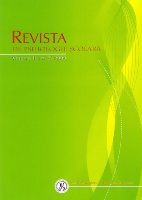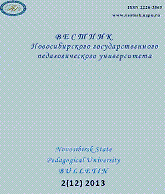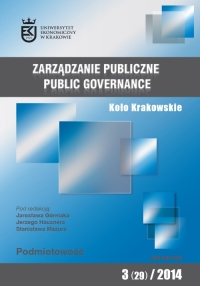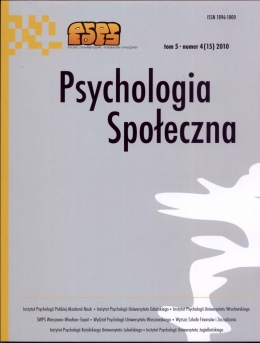Author(s): Romana Kadzikowska-Wrzosek / Language(s): Polish
Issue: 15/2010
The article introduces current attempts, in contemporary psychology, to respond to the phenomenon of free will. Psychologists, who believe that determinism excludes free will, adopt a different definition of free
will, than those psychologists, who believe that it is possible to reconcile determinism with freedom of will.
The first, freedom of the will involve with the belief of individuals that they could have acted differently
than they did, and treat this belief to be illusory. Others will define freedom as freedom from coercion and
mainly show the possibilities of individuals in the scope of action and self-control, which allow the realization of their goals and objectives (Bandura, 2008). Simultaneously conducted research confirms that the lack of pressure and coercion in the action is associated with a better ability to self-regulation. The article discusses two different types of action control: self-regulation, as an example of “democratic” control, and self-control as “authoritarian”, repressive type of action control (Kuhl, 1996; Ryan & Deci, 2008). Empirical reports, presented in this article, show unconscious automatic or the intuitive nature of the regulation which does not exclude subjectivity (Kolańczyk, 2009) and is often associated with “democratic” type of action control. Observed, both in experimental studies as well as in everyday life, difficulties in self-regulation, in the light of presented findings, seem to have their roots in non-compliance objectives with the needs, the value system and directly result from the nature of activities involved in this type of control.
More...




